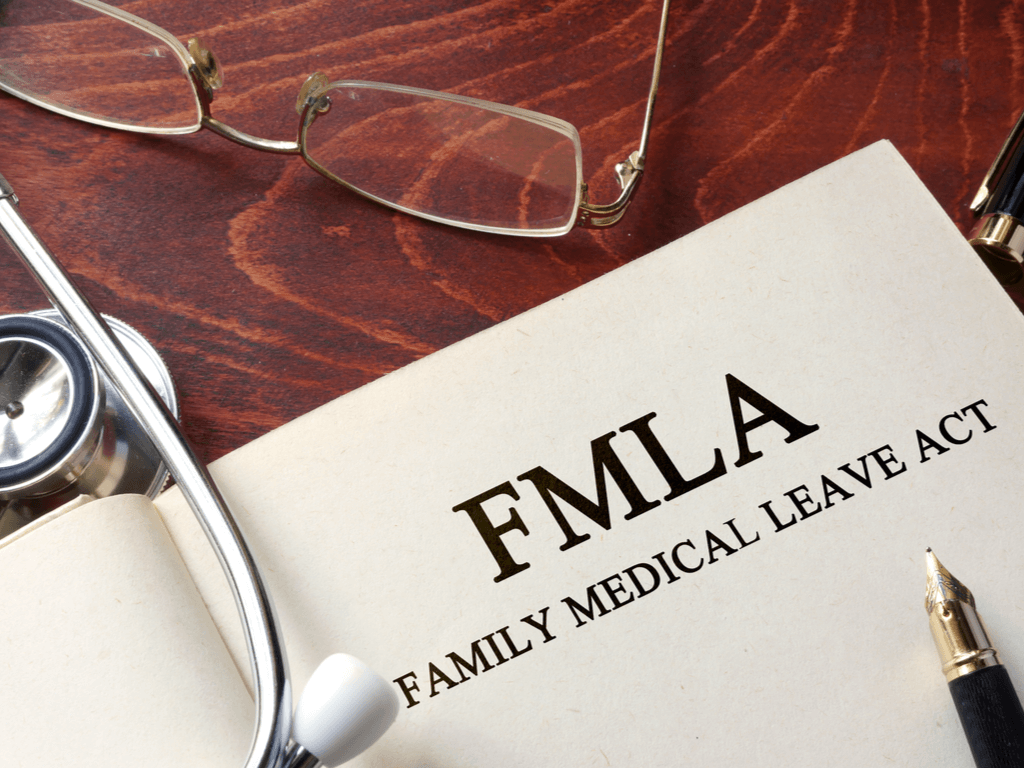Posted by Joshua R. Goodbaum in Employment Law
May 5 2022
The Family and Medical Leave Act (or FMLA) allows qualified employees to take job-protected leave to care for their own or their family members’ serious health conditions. This means that employees can take a leave of absence of up to 12 weeks per year and know that their job will still be there when they are ready to return to work.
What can employees do while they are taking FMLA leave? Or, perhaps more importantly: What can employees not do while they are taking FMLA leave?
While you’re out of work on FMLA leave, you can and should take care of yourself or your sick family member. The whole purpose of FMLA leave, after all, is so employees can focus on their health or their family members’ health without worrying about their job.
Another thing you can do while you’re out on FMLA leave is to work if you want. This might seem counter-intuitive, because the FMLA is meant to protect time away from work. But the reality is that many employees want or need to work while they are on leave (especially since the leave is unpaid).
This work can take different forms. Some employees choose to do some work for the jobs from which they’re taking leaves. Commissioned salespeople, for example, might want to maintain their relationships with their clients. That’s permitted.
Other employees who want or need to work during their FMLA leaves prefer to find second jobs or moonlighting jobs. (This is especially true for employees who need FMLA leave because their workplaces are making them sick, including by causing serious anxiety.) If you are on leave from your primary job, you can still work a second job, unless your primary employer uniformly applies a rule that no employee in your classification is allowed to have another job. (Some employers, for example, forbid all employees from working a second job.)
Finally, employees out on FMLA leave should think about their return to work. This is especially true if the reason for your leave is your own serious health condition. That condition might constitute a disability, and you might want to ask your employer for an accommodation. The time to start discussing that accommodation with your employer is while you are out on leave, not on the day before you want to return.
As to what employees cannot or should not do while on FMLA leave, there are a few guidelines.
First, don’t allow your employer to force you to do any work, except for easy and ministerial tasks such as sharing your computer password or putting up an out-of-office message. If your employer is trying to force you to work while you’re out on FMLA leave, then your employer is interfering with your rights under the FMLA, and you should talk to an employment lawyer.
Second, don’t do anything that is inconsistent with the reasons you or your doctor provided for your leave. If the serious health condition that supports your FMLA leave is a leg injury, for example, don’t go for a run, unless your doctor tells you to. The surest way to get fired from your job while you’re on FMLA leave is for your employer to conclude that your request for leave was based on a lie.
Third, don’t forget to update your employer about your medical condition and your return from FMLA leave. Your employer is allowed to ask for periodic updates about your condition, and they are entitled to know when you expect to return. Don’t think that you can ignore your employer entirely just because you’re on FMLA leave. If you won’t be checking your work email, for example, send HR and/or your supervisor an email telling them to call you at home.
Posted by Joshua R. Goodbaum in Employment Law
Tagged FMLA, Joshua Goodbaum









